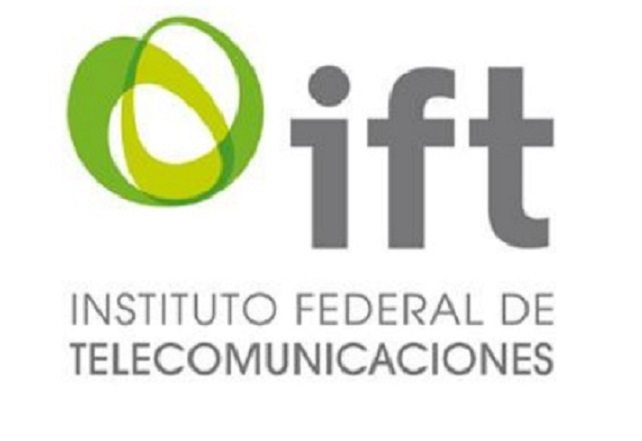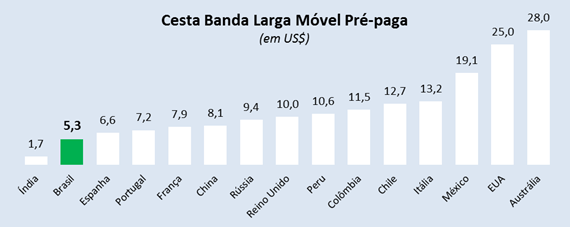Mexico’s telecommunications regulator, IFT, has imposed a $3.69 million fine on fixed-line operator Telmex for monopolistic practices in long-distance services. IFT said Telmex committed a serious infraction by ignoring competitor Axtel’s requests to interconnect with its network. The carrier also did not provide information about its infrastructure when asked.
Oi resignation — Zeinal Abedin Mahomed Bava resigned his position as CEO of Brazilian carrier Oi. Bayard De Paoli Gontijo, Oi’s CFO and investor relations officer, will serve as acting CEO until the company’s board appoints a replacement.
Oi’s financial situation has deteriorated since its ongoing merger with Portugal Telecom was hurt by Rioforte’s default of almost €900 million ($1.15 billion). Oi has struggled to equalize a debt of $19.34 billion, which is necessary for the carrier to keep its market position. Also, Oi did not participate in Brazil’s recent 700 MHz spectrum auction.
In addition, Bloomberg reports that billionaire Patrick Drahi is looking to acquire Portugal Telecom. If that happens, it would have a direct impact on Oi, including a breakup of the merger.
TIM downplays rumors of Oi purchase — Telecom Italia’s Brazilian unit TIM released a statement following several media rumors saying that the telecom operator had hired Bradesco investment bank to analyze an offer for its rival Oi. TIM said the evaluation of strategic business development alternatives is common among its routine activities and for that purpose it engages the support of several financial consulting firms, including Bradesco.
TIM noted that such consulting support has not included any mandate to evaluate an acquisition offer for Oi and has been limited to providing TIM with market information and its potential implications given the several possible strategic alternatives.
4G in Peru — Nextel Peru, which is owned by the Chilean operator Entel, has started offering LTE services in the San Borja district of capital Lima. The telecom regulator OsipTel noted that the carrier has met its coverage obligation to provide LTE services to at least one district of Lima after the first year of being awarded spectrum licenses.
Mobile broadband prices — Despite several past studies on the subject with contradictory findings, a carrier association released a study showing that Brazil’s mobile prices are not high relative to other countries. According to the survey, the price of mobile broadband in Brazil is among “the lowest in the world” compared to a group of 18 countries that have the highest density of mobile users in relation to population.
Prepaid mobile broadband service in Brazil costs $5.30 for at least 300 megabytes, the second lowest price among the countries studied, above only India. The association noted that the amount would be even lower if Brazil’s 43% tax on services was removed, resulting in a price of $3.70.
As for postpaid mobile broadband, a Brazilian package with at least 500 MB costs around $11.60 with taxes.
More Latin American news:
- Costa Rica is considering a new spectrum auction. Local press reported that the minister of science, technology and telecommunications, Gisela Kopper, made the announcement without providing any further details.
- Colombia’s Tigo-Une plans to expand its cable network outside of the city of Medellin, where its headquarters are located, increasing its cable TV coverage from the current 3 million homes to 5 million homes by 2020.
- Colombia’s ETB launched LTE services, bringing the number of Colombian operators with 4G coverage to seven: ETB, UNE, Tigo, Movistar, Claro, Avantel and DirecTV.
- Brazil ended August with 23.46 million fixed Internet broadband lines, according to regulator Anatel.
- Four operators — Arlink, Claro, Movistar and Personal — have met the requirements to bid in Argentina’s 4G spectrum auction scheduled to be held on Oct. 31.
Wondering what’s going on in Latin America? Why don’t you follow me on Twitter? Also check out all of RCR Wireless News’ Latin American content.


